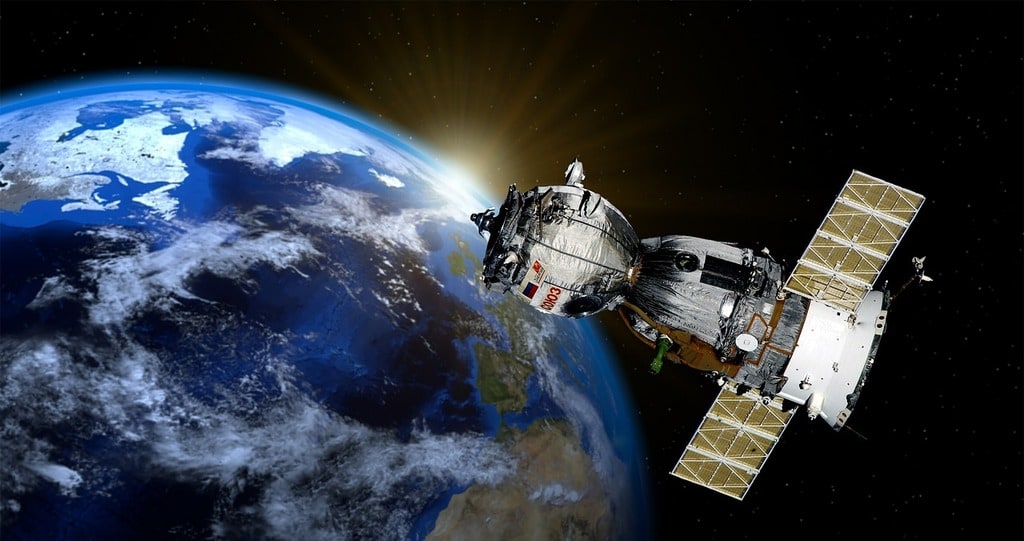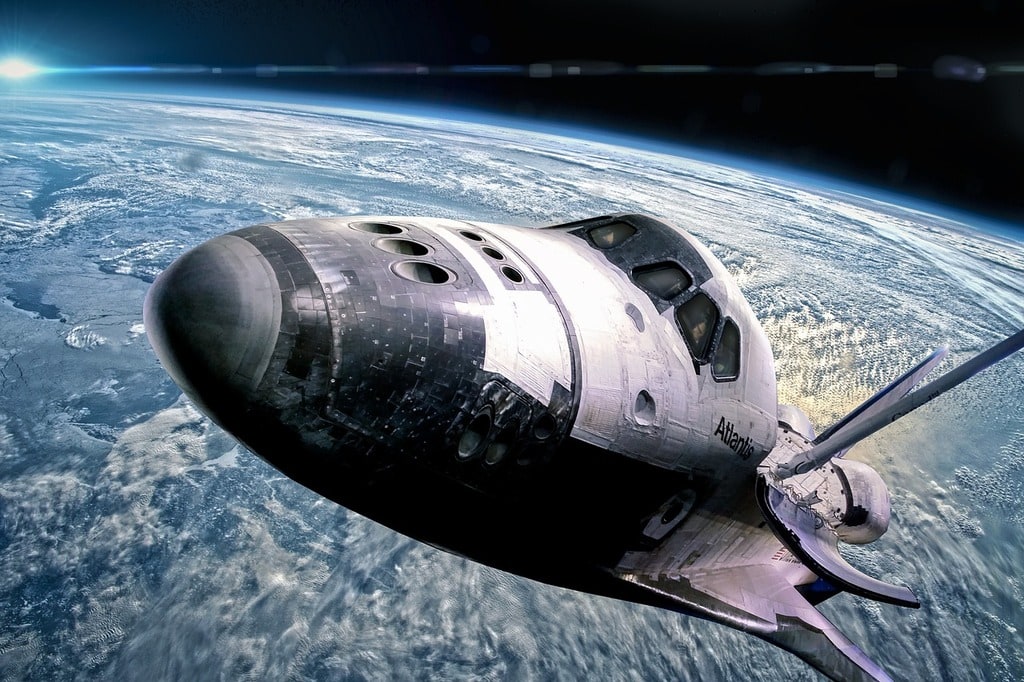Astronaut health is a critical aspect of space exploration, and maintaining it requires careful planning and execution. As humans venture beyond Earth, they are exposed to a variety of challenges that can impact their well-being. These challenges range from microgravity’s effects on the body to the psychological strain of isolation and confinement. Addressing these issues is key to ensuring the success of long-duration space missions.
Ensuring the Well-Being of Astronauts in Space
One of the most pressing concerns in spaceflight is the impact of microgravity on the human body. On Earth, gravity plays a vital role in maintaining bone density and muscle mass, but in the microgravity environment of space, these systems are significantly altered. Without the constant pull of gravity, bones can lose minerals, leading to osteoporosis-like symptoms, while muscles can atrophy due to reduced use. To combat these effects, astronauts must engage in regular physical exercise, often for several hours each day. This regimen typically includes resistance training, cycling, and running on a treadmill, all adapted to function in a weightless environment.
Physical exercise, however, is not the only measure required to maintain astronaut health. Proper nutrition is another fundamental component. Space agencies design specialized diets that provide the necessary nutrients to counteract the effects of space travel. These diets are carefully balanced to ensure astronauts receive adequate calories, vitamins, and minerals, which are crucial for maintaining muscle and bone health, as well as overall physiological function.

The Psychological Challenges of Space Travel
While the physical effects of space travel are well-documented, the psychological challenges are equally significant. Isolation, confinement, and distance from loved ones can lead to feelings of loneliness, stress, and anxiety. The confined space of a spacecraft or space station, along with the lack of natural light and the monotony of the environment, can exacerbate these feelings. To address these issues, space agencies employ various strategies to support astronauts’ mental health.
Regular communication with family and friends, access to entertainment, and the ability to engage in hobbies are vital for maintaining morale. Psychological support is also provided through pre-flight training, which helps astronauts develop coping strategies for the unique challenges of spaceflight. Additionally, the presence of mental health professionals who can offer support during the mission is a key component of the psychological care provided to astronauts.
Space Medicine and Monitoring Health
Space medicine is a specialized field dedicated to understanding and addressing the health challenges faced by astronauts. Medical professionals closely monitor astronauts’ health before, during, and after their missions, using a combination of regular check-ups, diagnostic tools, and advanced medical equipment adapted for space use. These measures are crucial for detecting and managing any health issues that may arise during the mission.
The importance of continuous health monitoring cannot be overstated. In the confined and isolated environment of space, even minor health issues can become significant if not promptly addressed. Astronauts are trained in basic medical procedures, allowing them to respond to emergencies until they can receive further guidance from ground-based medical teams.
Some of the key strategies used to maintain astronaut health in space include :
- Rigorous physical exercise: essential to counteract the muscle atrophy and bone density loss caused by microgravity.
- Balanced nutrition: specially designed diets ensure astronauts receive the necessary nutrients to stay healthy.
- Psychological support: regular communication with loved ones, access to entertainment, and mental health care are critical for maintaining morale.
- Continuous health monitoring: regular medical check-ups and the use of advanced diagnostic tools help in early detection of potential health issues.
- Training in medical procedures: astronauts are trained to handle medical emergencies, ensuring they can manage health issues even when far from Earth.
The Role of Sleep and Circadian Rhythms
Sleep is another critical factor in maintaining astronaut health. The lack of a natural day-night cycle in space can disrupt circadian rhythms, leading to sleep disorders. Poor sleep can impair cognitive function, reaction times, and overall performance, which are essential for mission success. To mitigate these effects, spacecraft and space stations are equipped with lighting systems that simulate natural light cycles, helping astronauts maintain regular sleep patterns.
In addition to lighting systems, astronauts are encouraged to follow a consistent sleep schedule and use sleep aids if necessary. The quality of sleep is also monitored to ensure astronauts are getting sufficient rest, which is essential for both their physical and mental well-being.
Planning for Future Long-Duration Missions
As humanity prepares for longer missions to destinations such as Mars, the challenges of maintaining astronaut health will become even more complex. The extended duration of these missions will require advanced strategies for managing the health risks associated with space travel. Research is ongoing to develop new technologies and medical interventions that can better protect astronauts during these extended missions.
For example, artificial gravity is being explored as a potential solution to the health issues caused by microgravity. Additionally, advances in space medicine, such as telemedicine and autonomous medical systems, are being developed to provide more comprehensive care for astronauts during long-duration missions.
As space exploration continues to push the boundaries of what is possible, ensuring the health and well-being of astronauts remains a top priority. The success of future missions will depend on the ability to effectively manage the unique health challenges posed by the space environment.

